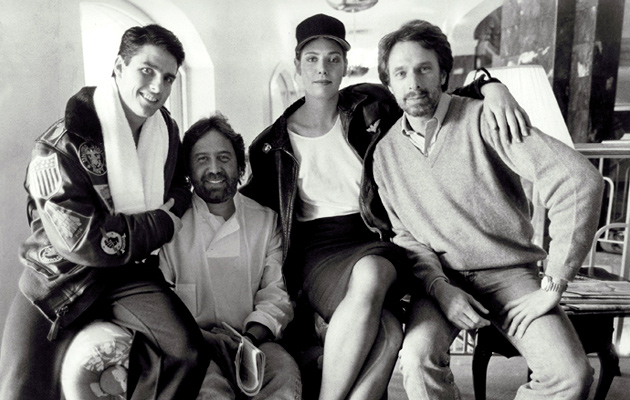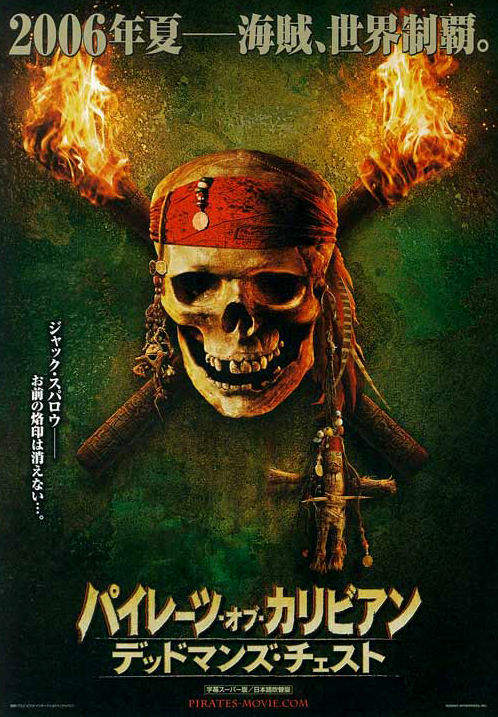Before Jerry Bruckheimer was one of the world’s most successful film and TV producers, he and his partner Don Simpson were 1980s Hollywood wunderkinds, matching high energy to pop music in a handful of brash blockbuster vehicles. The most successful of them was probably Top Gun, a muscular ode to Reagan Era militarization.
But even by the lax standards of Hollywood, Simpson was a huge mess, addicted to drugs, plastic surgery, prostitutes and S&M. Bruckheimer dragged his feet on dissolving the partnership, but he knew he needed to distance himself from his toxic collaborator. As a 1996 Wall Street Journal report by Thomas R. King and John Lippman put it in the wake of Simpson’s death due to 21 different drugs in his system, the end came like this: “For Jerry Bruckheimer, the last straw was the dead doctor in the pool house.”
Another excerpt from that same WSJ piece:
Surgery and Diets
The hits, however, seemed to dry up. The producers, close friends say, were still reeling from the disappointment of Days of Thunder and were struggling to figure out how their formula went wrong.
Friends noticed that Mr. Simpson, who had a weight problem and a penchant for yo-yo dieting, seemed increasingly determined to reinvent himself. He underwent a series of plastic-surgery operations; one friend says that among the procedures he had were a chin implant, several face lifts, and placenta injections. He began disappearing for months at a time, telling friends he was at Canyon Ranch, where most visitors stay only a few days. And he began talking about finding new projects in which he could appear as an actor.
At night, he led a life that a number of people close to him thought was growing increasingly dangerous. He had always been known for his appetite for prostitutes; he was close friends with Hollywood madam Heidi Fleiss.
But Mr. Simpson was going beyond sex, sinking deeper into increasingly sadomasochistic and destructive behavior, say people who know him. His reputation was such that he is the subject of an entire chapter — titled “Don Simpson: An Education in Pain” — in a salacious new book penned by four Hollywood prostitutes. The book, You’ll Never Make Love in This Town Again, says his “serious bondage games were like something out of Marquis de Sade.”
A Prostitute and Kierkegaard
James Toback, a screenwriter who may have been the last person to talk with Mr. Simpson before his death, says his friend would frequently regale him with stories of his exploits with women.
“I know that he was obsessed with women, but it was not just sexual — it was psychological,” says Mr. Toback, a screenwriter of movies such as Bugsy. “He was never just interested in [having sex] with a girl. Even if it was a call girl, it was to get into some kind of serious philosophical discussion with her. He wanted to know what she read, what her parents were like, why she did what she did.” Mr. Toback tells of one conversation with Mr. Simpson: “He said he had met this girl, that she was fascinating and that her favorite philosopher was Kierkegaard.”
Mr. Toback says that he never saw Mr. Simpson take drugs. “But I had the feeling in many of our conversations, the last one included, that he was hyper and speeded up at the beginning,” Mr. Toback says. “But in the last hour, he’d been drinking a lot of red wine and he would wind down.”•


